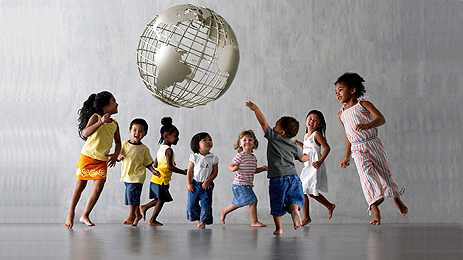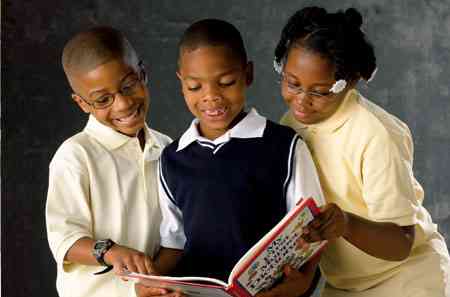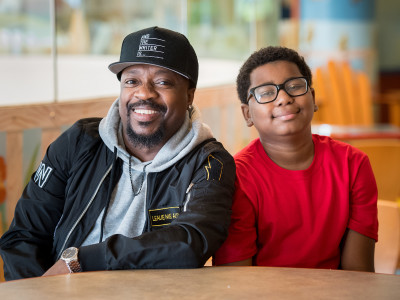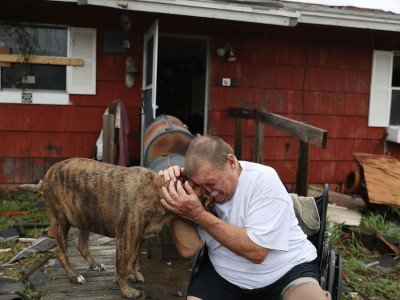
Results from Walden University’s 2012 Social Change Impact Report show that two-thirds of adults across the globe (65%, on average) agree that when economic conditions are bad, it is more important to be involved in social change than when economic conditions are good. However, many say their actions do not change in a bad economy, and in fact, only 20% of adults, on average, say they’re more likely to donate money to a cause or an organization when economic conditions are bad.
This is one of many findings in the 2012 Social Change Impact Report about the current state of social change around the world. Commissioned by Walden University and conducted online by Harris Interactive in February-March 2012, the second annual survey includes perspectives of more than 8,900 adults in Brazil, Canada, China, Germany, India, Jordan, Mexico and the U.S., and gauges their perceptions and motivations for getting involved, as well as the roles of nonprofit organizations, government and the media in social change across countries.
“Our initial survey last year underscored the undeniable power of social change in action from individuals and organizations who worked together to improve the world around them,” said Dr. Cynthia Baum, president of Walden University. “The 2012 survey’s findings emphasize how factors such as the state of the economy can influence social change attitudes and behaviors, especially at a time when the need is so great. As social movements continue to ignite people’s passions and fuel communities around the world, it will be important to continue to assess the impact at the level of the individual.”
Economy Causes Individual Behaviors to Shift
According to the 2012 Social Change Impact Report, adults in the U.S., Canada and Germany indicated that they are least likely to change their actions as a result of bad economic conditions, while those in Jordan and India are most likely to shift their behaviors under these conditions. While donating money, goods or services is the top way adults have gotten involved in social change in the past six months (50%, on average), donating money is also where adults are most likely to cut back when economic conditions are bad (37%, on average). Instead, adults are more likely to increase their participation in volunteer work or service (29%, on average) and in using social networking sites (28%, on average) to engage in social change.
Nonprofits and Individuals Drive Social Change
The survey also found that nonprofit organizations and individuals both have important roles in the future of social change. In seven of the eight countries surveyed, nonprofits are among the top two ways adults are most likely to get involved in social change. Jordan is the exception, where getting involved as an individual or through a religious institution ranks higher.
Despite the fact that many adults around the world see the value in nonprofits and that a majority get involved through organizations, institutions or companies (60%, on average), a majority still believe the most important agents of social change are “individual people acting on their own, not organizations or companies” (59% agree, on average). Adults in Canada (27%), India (23%), the U.S. (22%) and Jordan (19%) are most likely to get involved as individuals. In addition, adults most commonly believe that nonprofits “make it easy for people to get involved” (48%, on average) but also that “too much of their budgets goes to overhead costs while not enough goes to providing services or making change happen” (36%, on average).
Social Media for Social Change
Around the world, a majority of adults agree they can make the world a better place with their actions (80%). Nearly half have engaged in social change through digital technology (48%, on average), with China leading the way with the highest use of digital technology (72%) in the past six months, followed by India (58%), Brazil (58%), Mexico (57%) and Jordan (56%). In addition, more people say they are more likely to join a digital social change conversation during the next six months than start one. More than two-thirds of adults (69%, on average) say they will likely post or comment on a social network site, participate in an online chat or sign a petition, while about half of adults (53%, on average) say they will text messages, upload videos, blog or start an online petition about a cause or issue.
When asked about traditional media, the report found that adults around the world perceive bias in their national media on social change issues. More than half of adults agree that the media in their country are not neutral and impartial on social change issues (57%, on average). This sentiment is strongest in the U.S. (71%), Canada (65%), Mexico (64%) and Germany (64%), as well as among adults ages 41 and older in the U.S., Germany, Canada and Jordan.
As found in the 2011 Social Change Impact Report, the importance of social change remains high. More than eight in 10 adults in 2012 (84%, on average) say involvement in positive social change is important to them personally, and most adults (85%, on average) have engaged in social change in the past six months. However, reasons to get involved vary from country to country. For example, adults in the U.S. and Canada are most likely to say being involved is important because they want to help those less fortunate than themselves (64% each), while those from Brazil and India say social change is important because it makes them feel good (70% and 72%, respectively).
For more detailed findings from Walden’s Social Change Impact Report, visit www.WaldenU.edu/impactreport.





